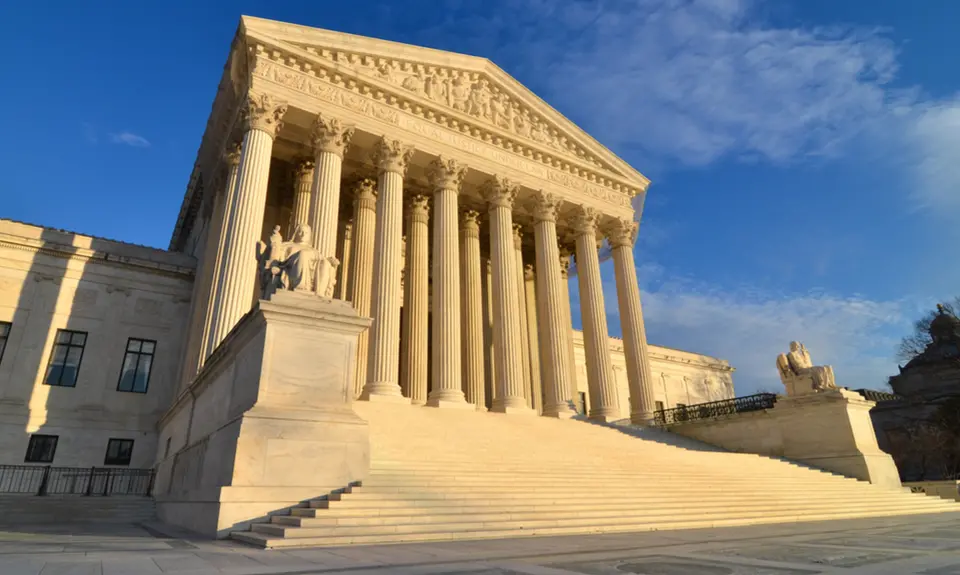On July 2, 2019, PFAW hosted a member telebriefing with Senator Blumenthal, D-Conn., to discuss the big takeaways from the Supreme Court term. The senator and PFAW’s experts focused on the impact that Kavanaugh’s replacement of Kennedy had on the court. Trump’s appointments of narrow-minded elitists, Kavanaugh and Gorsuch, solidified a conservative majority and led to a wave of decisions that undermined basic human rights.
The Court’s decisions during this term pointed to worrying signs for the future. Senator Blumenthal explained that Kavanaugh sided with Chief Justice Roberts 94 percent of the time. He also noted that Gorsuch voted most often with Thomas, which firmly places both Kavanaugh and Gorsuch in the conservative block. This new Court also displays a willingness to toss out well-established precedents, as was seen in the Franchise Tax Board of California v. Hyatt and Knick v. Township of Scott. Trump’s Supreme Court appointees pose a threat to the judicial system and Blumenthal aptly summed it up by saying “We’re in for a rough ride.”
When asked “What kind of justices should we be looking for?” Blumenthal said that he would like to see “mainstream legal thinkers” who will uphold Roe v. Wade. Trump’s nominees have shown an utter disregard for the fundamental values of freedom, he said. For example, many of them resist saying that Brown v. Board of Education was correctly decided. Blumenthal viewed this as unacceptable because Brown stands for a set of principles and values that every member of the federal bench has an obligation to uphold.
In the case of Blumenthal v. Trump, Senator Blumenthal is putting his words into actions by seeking to hold Trump accountable in the courts. Trump has violated the Emoluments Clause of the Constitution; no sitting president has ever been sued under the emoluments clause before now because none have dared to reap such financial benefits from their service in office. Moreover, he violates it every day because each privately-owned business establishment in the Trump Organization receives payments from foreign countries. Blumenthal says the purpose of this lawsuit is to make it clear that nobody is above the law.
Finally, Blumenthal was asked, “What kind of changes have you seen in the Supreme Court in your lifetime?” He stated that it was the “politicization of the Court and of many of our other federal courts.”
Following Senator Blumenthal’s remarks, People For Senior Fellow and Counsel Elliot Mincberg discussed the Court’s two big cases on the last day of the term, concerning partisan gerrymandering and the U.S. Census. He also addressed several narrow escapes we saw this term from what could have been devastating decisions on church-state separation and the government’s ability to protect the health and safety of all Americans.
Paul Gordon, PFAW’s senior legislative counsel, discussed the extensive degree to which Trump’s nominees – Gorsuch and Kavanaugh – have departed from their previous statements of support for precedent during their confirmation hearings. Next term the Supreme Court will take up more cases of significance to human rights and safety, including Trump’s ability to end DACA, reproductive freedom, employment discrimination protections for LGBTQ individuals, and likely the legality of the Affordable Care Act’s protections for pre-existing conditions.
